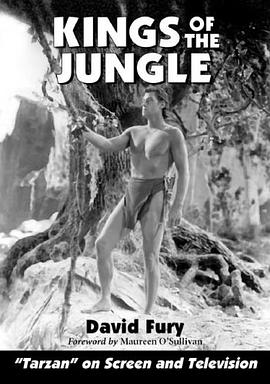

The classical model of international lawmaking posits governments as exclusively authoritative actors. However, commercially-oriented entities have long been protagonists within the prevailing international legal order, concluding contracts and resolving disputes with governments. Is the international legal personality of corporations undergoing further qualitative transformations ? Corporations influence the State practice constitutive of custom and create, refashion or challenge normative rules. The corporate willingness to fill legal lacunae where governments do not exercise their full regulatory responsibility is also observable through resort to alternative legal mechanisms. Corporations moreover contribute directly to treaty negotiations and occupy crucial roles during subsequent implementation. Indeed, an analysis of the access conditions and participatory modalities for non-State actors could support a right to participate under common international procedural law. Their substantive contributions are also evident when corporations participate in enforcing international law against governments through national courts, diplomatic protection (including the WTO) and arbitration (including NAFTA). However, the practice of intergovernmental organizations reveals several challenges including managing corporate interaction with developing country governments and other non-State actors. Acknowledging corporate contributions also has important implications for national regulatory autonomy, the ability of governments to mediate contested policy issues, the democratic legitimacy of the contemporary lawmaking process and an understanding of consent as the underlying basis for internationallaw.
具体描述
读后感
评分
评分
评分
评分
用户评价
相关图书
本站所有内容均为互联网搜索引擎提供的公开搜索信息,本站不存储任何数据与内容,任何内容与数据均与本站无关,如有需要请联系相关搜索引擎包括但不限于百度,google,bing,sogou 等
© 2025 book.wenda123.org All Rights Reserved. 图书目录大全 版权所有




















